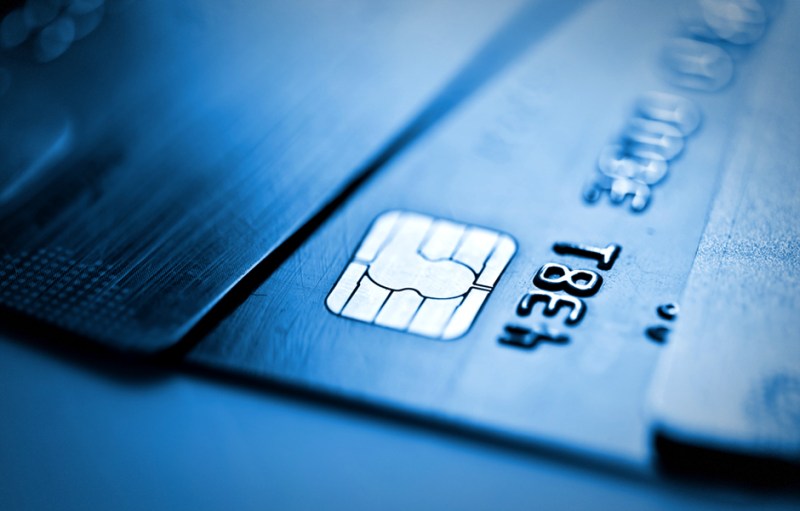
For most people, however, honing-in on the right amount of bank accounts doesn’t have to be rocket science. Here are the three you really need, no matter what your life currently looks like.
- Primary Checking
Ah, the simple checking account. It’s been there for us during the best of times and the worst of times, and its importance has never waned. This is the account you dip into whenever you need an egg sandwich, a cup of coffee or a fresh tank of gas. Ideally, you don’t want to keep more than you’re going to need to spend in a day’s time in your primary checking account; $100 is usually a safe bet. This also serve the purpose of being a built-in budgeting tool, which just about everyone can benefit from. In choosing a primary checking account, look for one that requires a low minimum balance and won’t come stacked with fees.
- Bill Pay
If there’s one goal in having multiple bank accounts, it’s making sure your bills get paid on time. This is where your “bill pay” account comes in, and it’s a lot more functional than many people realize. You’ll deposit your paycheck here, doling out a small allowance to your primary checking for spending when need be. The rest of your money will sit within this account, and you can set it up so that bills are paid automatically from its balance without ever having to lift a finger. For this reason, your bill pay account will serve as your main reservoir for cash.
- Savings
Once you have your two checking accounts figured out, it’s time to look towards the future. Putting even a small amount of money into a savings account each month will be beneficial no matter how old you are, and it becomes increasingly important with age. In choosing a savings account, look for those which feature high-yield interest rates if possible. Remember that this money shouldn’t be touched unless you run into an emergency and have no other choice — they call it a savings for a reason. Some people find it beneficial to open multiple savings accounts, but the downside to taking this route is that confusion can sometimes occur if you’re not careful. If you currently just use a checking account, start with a single savings for best results.
Setting yourself up with the right bank accounts is one of the most important steps you can take towards reaching financial freedom and stability. After all, there’s nothing sexier than taking on responsibility.
[Image credit: Valeri Potapova/Shutterstock]
Editors' Recommendations
- How to rehydrate a dry cigar (and everything you need to know)
- Wondering how to put out a cigar? Here’s everything you need to know
- Apple Card just gave you one great reason to sign up (and it has nothing to do with credit)
- Here’s How You Can Cancel Your Hulu Account
- How To Cancel Disney+: Can You Do It From Your Phone?

